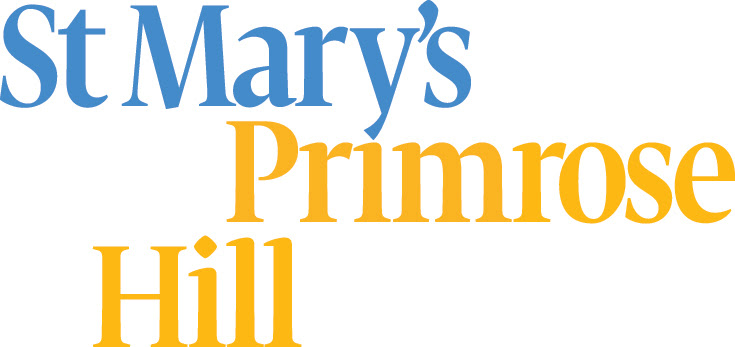Sermon, 14 July 2020
Help!
By The Revd Mark Wakefield
Reading: Romans 8.12-25
Last week, Marjorie issued us with the challenge to dig deep in the autumn and reflect on questions of injustice regarding race, the young and the elderly. She observed that the lockdown has enabled a period of reflection. It’s given us time to look at the world in dismay as we realise our collective failure to meet the needs of some of the most vulnerable in society. She asked the question: how on earth have we allowed things to become like this?
From a Christian perspective there’s a clear answer to this: we’ve trusted in ourselves and our own strength too much and forgotten or overlooked our need of and dependency on, God and his redemptive power which is available to us if only we’ll avail ourselves of it.
Look at the Old Testament and you see a clear pattern of events: firstly, God intervenes in the affairs of Israel when his people are at their weakest, for example the parting of the Red Sea and the escape from slavery in Egypt; secondly the people show their gratitude; and thirdly they are back to their old ways before too long.
You can see the same old story in the New Testament as well. There we find the people of God led by an arrogant elite. They think they’re very holy with all their elaborate prayers, fancy worship and fancy clothes but Jesus shows them not to be so. They’ve forgotten and marginalised the poor and the vulnerable. Worse still, they’ve made the requirements for worship such that the poor and vulnerable find it hard to participate. They’ve made a church in their own image and it’s themselves they worship, not God.
St. Paul was one such person until, on the Damascus Road, this clever, privileged young man was thrown from his horse and blinded by a vision of the risen Jesus. The powerful and arrogant was suddenly made weak and vulnerable. This was the great turning point of his life and – such was his impact on it - the life of the world.
St. Paul’s words still speak to us today, if we can but hear them:
“When we cry Abba! Father! It is that very Spirit bearing witness with our spirit that we are children of God”
What he is describing here is THE proper relationship with God – that of a wholly dependent child who, above all, knows his or her need of God and is desperate for their cry to be heard,
We find the child analogy elsewhere, of course, most obviously with Jesus telling us that we must become as children if we are to enter the Kingdom of God. What this amounts to is a radical poverty of spirit, an awareness that, for all our God-given gifts of skill and ability, we are deeply flawed, each and every one of us, prone to error to the very core of our being.
Paul’s words should resound loudly in our hearts and minds as we embark on this autumn season of reflection that Marjorie has announced. This is a church that is blessed with an active and lively congregation but if all we do is rely on our own abilities we won’t get very far. The roots of the injustices of which Marjorie spoke last week lie very deep indeed. Yes, they exist in the structures of society but they exist in our own hearts and minds as well and unless we are willing to confront them then any number of brilliant strategies and action plans will not make a jot of difference.
If we are going to dig deep and be honest – as we must -this process of reflection on which we’ll embark in the autumn will be difficult and painful because it will mean confronting aspects of ourselves and our attitudes that we’d rather not admit of. But rest assured, there is hope in this and it’s the hope of which Paul spoke. That Paul spoke from his heart of the liberation he felt in meeting the risen Christ is testimony to the forgiveness that is available to all of us, no matter what unpleasantness lurks within us. It is captured beautifully in these words from Hosea that I read recently and that surely anticipate the gospel:
“My compassion grows warm and tender.
I will not execute my fierce anger;
For I am God and no mortal,
The holy one in your midst
And I will not come in wrath”.
So, are we willing to dig deep this autumn, not just collectively but personally as well?
Are we ready to admit of that within us that we’d rather avoid, of that of which we are ashamed? Are we ready to admit that we are weak and helpless, regardless of whatever worldly success we’ve achieved in life? For it’s only in such willingness that we will experience the redemptive power of God and the unleashing of the power of the Holy Spirit that makes real, positive, lasting change possible.
Amen
